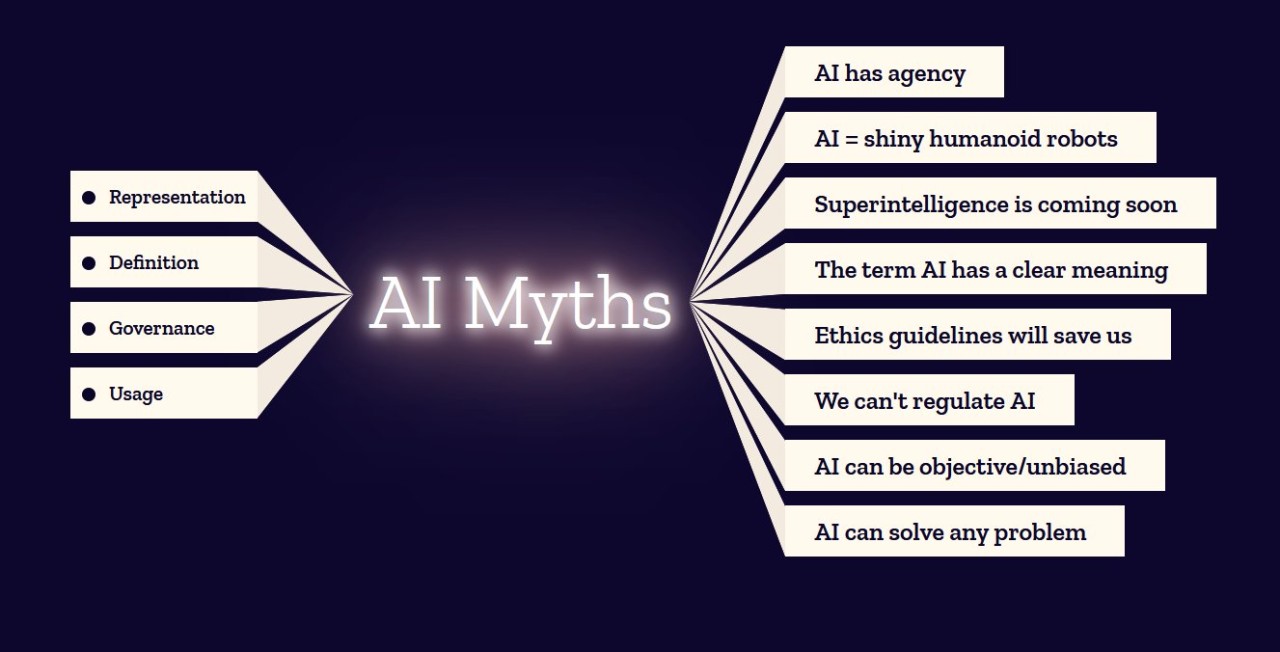Artificial Intelligence (AI) has brought remarkable innovations to the finance sector, but it also introduces several risks that organizations must carefully manage. Understanding these risks is critical for ensuring AI’s responsible and effective use in financial services.
1. Data Privacy and Security
AI systems rely heavily on vast amounts of sensitive financial and personal data. Any breach or misuse of this data can lead to severe privacy violations and financial losses. Ensuring robust cybersecurity measures and data protection protocols is essential to mitigate these risks.
2. Algorithmic Bias and Discrimination
If AI models are trained on biased or unrepresentative data, they can perpetuate unfair treatment, such as discriminatory lending practices or biased credit scoring. This can harm customers and expose institutions to legal and reputational risks.
3. Lack of Transparency (Black Box Models)
Many AI models, especially complex deep learning algorithms, operate as “black boxes” where decision-making processes are not easily understandable. This opacity challenges regulatory compliance and reduces trust among stakeholders.
4. Regulatory and Compliance Risks
The finance sector is highly regulated, and AI applications must comply with strict standards. Failure to adhere to evolving regulations regarding data use, model explainability, and fairness can lead to fines, legal action, and reputational damage.
5. Model Risk and Errors
AI models can produce incorrect or unexpected results due to flaws in data, algorithm design, or changing market conditions. Overreliance on AI without adequate human oversight may lead to poor financial decisions and significant losses.
6. Cybersecurity Threats
AI systems themselves can be targets of sophisticated cyberattacks, such as adversarial inputs that manipulate model behavior or data poisoning attacks. Protecting AI infrastructure from such threats is vital for maintaining system integrity.
7. Job Displacement and Ethical Concerns
The automation of financial processes through AI may lead to workforce reductions, raising ethical and social challenges. Organizations need to balance innovation with responsible workforce management and retraining initiatives.
8. Overdependence on AI
Excessive reliance on AI systems without sufficient human judgment can increase vulnerability to unforeseen risks, especially in volatile market conditions or black swan events.
Conclusion
While AI offers significant benefits in finance, it also brings inherent risks that require careful management. Financial institutions must implement strong governance, ethical frameworks, and robust oversight to navigate these challenges and harness AI’s potential responsibly.







Leave feedback about this